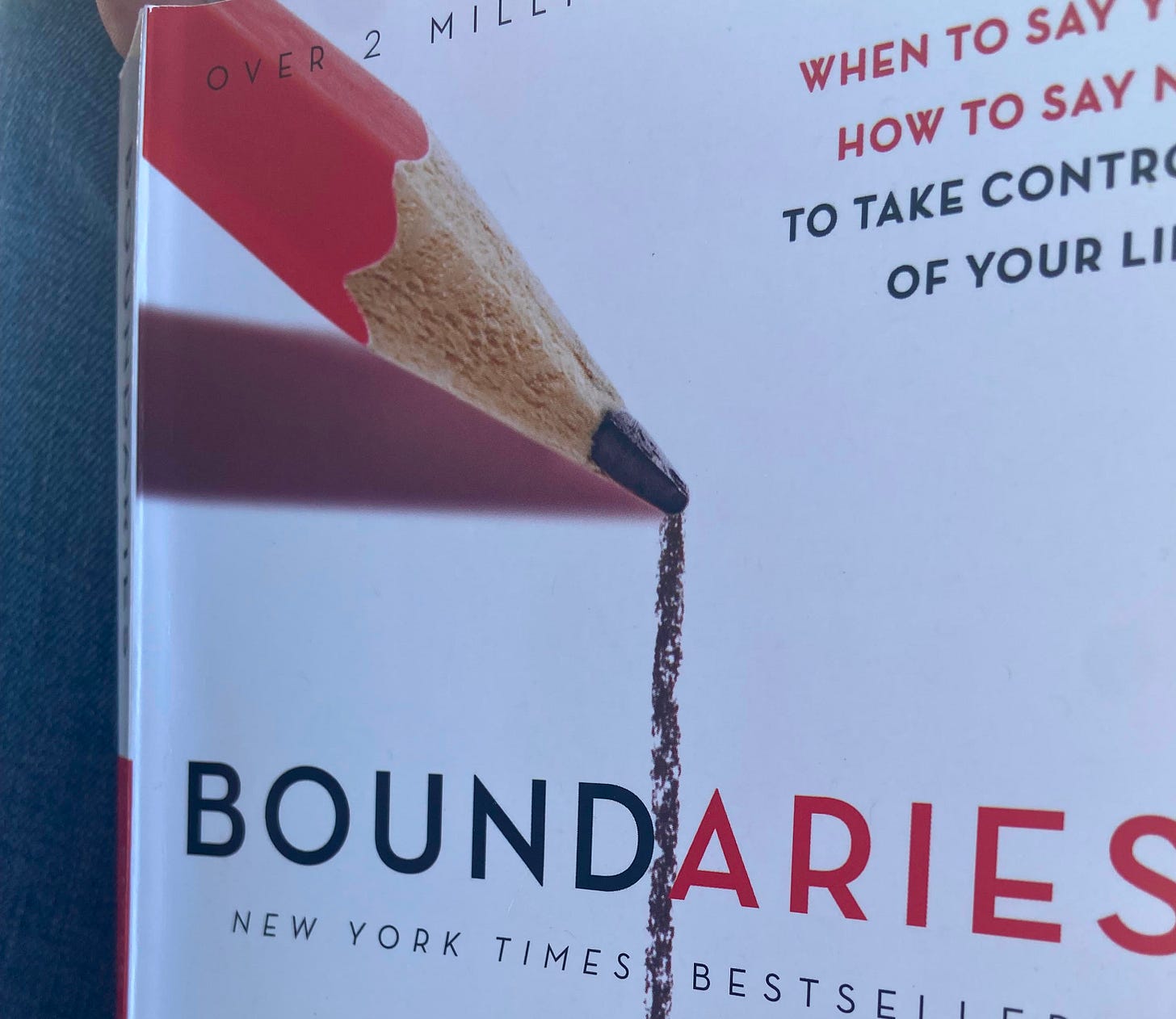The Ability to Think
Cloud and Townsend
Have you read Henry Cloud and John Townsend’s classic Boundaries? The book has been around for decades. Yet it still has an impact on those who read it. There’s a reason the book became an instant success. I’m working through it again. Let me share the following.
We must own our own thoughts. Many people have not taken ownership of their own thinking processes. They are mechanically thinking the thoughts of others without ever examining them. They swallow other’s opinions and reasonings, never questioning and “thinking about their thinking.” Certainly we should listen to the thoughts of others and weigh them, but we should never “give our minds” over to anyone. We are to weigh things for ourselves in the context of relationship, “sharpening” each other as iron, but remaining separate thinkers.
One of my “callings” to middle school students a few years ago was to help them learn how to think. In other words, much of our education system is based upon learning and then regurgitating information. 1) Take some notes; 2) Study and memorize your notes; 3) On test day, show the teacher how much you can memorize. Before you accuse me of being cynical or facetious, hear me out! The system is broke.
The problem is not the classroom teacher. In fact, many teachers are heroes in my eyes. They do what they can with little to no support. However, some have become so frustrated they’ve stopped teaching. Others have thrown their hands in the air and taken early retirement.
In most places, the problem is not the local administration. After all, to issue report cards to students, they also receive a “report card” from the State Board of Education, an Education Secretary, etc. The local school is funded by the state taxpayer. Therefore, without a good grades, that funding disappears.
So how does the state measure learning? The higher ups develop a curriculum and develop tests, based upon said curriculum. To review a paragraph above in a slightly different way: 1) The curriculum is shared; 2) The school district distributes the curriculum and communicates “learning” will be measured by the curriculum; 3) Those who can memorize and regurgitate well are honored; 4) There’s only so much time in a day/year. Therefore, we teach toward tests; 5) States and districts are then ranked according to education scores.
Herein lies the problem. Once students are faced with a challenge to think through things that haven’t been memorized, they become frustrated. Some even fail. Have you looked at a school curriculum lately? Whereas it was once focused upon logic, debate, and thinking, it’s now focused on funding and creative ways to memorize. I know many adults who cannot think for themselves.
Are you aware that the news has become “infotainment”? That is, what was once Walter Cronkite and others sharing actual news with the American people has become editorial commentary, often based upon political opinion. Furthermore, society once questioned what they read or heard. Is that really true? But we’ve become lazy and have allowed social media platforms to “educate” the populous. It says it right here. I suppose it must be true.
The inability to think has led to a polarization of nations, communities, and even families.
I hear what Townsend and Cloud say. However, I’m not sure how critical thinking and an informed society exists anymore. To borrow a popular phrase, “Houston People, we have a problem!”



One must live the way one thinks or end up thinking the way one has lived. - Paul Bourget
I've seen this memorization problem in both my children and grandchildren. They have to spend the first 9 weeks of every school year trying to remember what they memorized the last year. I keep telling them if you learn something instead of memorizing it, you'll always know it. Things sure are different than the way I was taught.